What are pre-literacy skills and why are they important? In today’s episode I talk all about pre-literacy skills and ways that SLPs can help to promote and facilitate these skills. Tune in below to learn more and be sure to check out the links and resources section at the bottom of the page!
Links & Resources
- The Digital SLP Membership
- ASHA Systematic Review
- Reading Rocket: Policy & Practice In Preschool Years
- Developing Early Literacy PDF
Full Transcript of Podcast: Why Pre-literacy Skills are so Important & How SLPs Can Help
Episode 68: Why Pre-literacy Skills are so Important & How SLPs Can Help
You are listening to the Speech Space podcast! A podcast full of tips and resources for SLPs. I'm your host, Jessica Cassity, and this is Episode 68.
Hey there! Today, we are going to be talking about early literacy skills and the SLPs role in facilitating those skills. Before we get started, I did want to let you know that this podcast is brought to you by The Digital SLP membership site, which is a site that features time-saving interactive digital resources that are all teletherapy platform-friendly. This time of the year, the doors are generally close to the membership. However, due to the fact that many SLPs have been reaching out hoping to purchase a subscription because of COVID. I have temporarily opened the doors back up. So you can head on over to thedigitalslp.com/digitalslp to learn more or to sign up.
So let's go ahead and take a look at what pre-literacy skills are, what they mean for our students and what role it is that we play in the development of these skills. Let's firstly talk about why pre-literacy skills are important. So just to summarize and to keep it really basic it's because these skills are actually predictors of future reading success. Now, having said that it should be no surprise at all, that these skills are also important because literacy skills are highly correlated with not just reading skills alone, but overall school achievement. So these skills are essentially something that will kind of pave the path and set the foundation for future academic success. It's also worth mentioning that limited exposures to language and literacy create a scenario in which there is an increased likelihood for reading difficulty. It's known that prevention is preferable to remediation. So that's just another key reason that these skills should be developed earlier versus taking more of a watch and wait approach.
So let's talk about some examples of pre-literacy skills. So when looking at the research, it indicates specific skills and abilities of children ages birth through five years old that are going to predict later reading outcomes. Now these key predictive skills or pre-literacy skills are abilities like oral language, which includes listening comprehension and oral language vocabulary. There's also alphabetic code, which includes alphabet knowledge, phonological and phonemic awareness and invented spelling. And then also there's print knowledge and concepts, which include environmental print and concepts about print. There's also rapid automatic naming visual memory and visual perceptual abilities. But those, although they were predictors, they were to a lesser degree than the skills that I mentioned above, which were the oral language, the alphabetic code and the print knowledge and concepts.
So in addition to those key skills, there's four main principles of early literacy acquisition. Number one is oral language is the foundation for literacy development. Now as an SLP, I think it's so important that we remember this first principle. So I'm going to say it one more time. Oral language is the foundation for literacy development. Early language skills are the building blocks to requiring phonological awareness and phonics based skills, their own vocabulary development, further help us to understand meanings of words and print. Now evidence shows that children raised in families with language rich environments with literacy exposure do better in school than those who do not. Exposure to a more varied vocabulary at home directly relates to children's vocabulary acquisition. So just so you know, a more varied vocabulary is considered to include rare words that are those that go beyond the typical eighty-five hundred words that are the most common words in the English language. Now, children who acquire strong vocabularies increase their ability to make sense of what a word might be while using what they know about phonics. Now, principle number two is children's experiences with the world greatly influenced their ability to comprehend what they read, because background knowledge about the world is built from a child's experiences. The more limited a child's experiences are, then the more likely they're going to have difficulty comprehending what is read, because as we all know, we need that background knowledge to assist in comprehending text. Number three, the third principle is learning to read and write starts long before first grade and has long lasting effects. So we've already touched on this a little bit, but as I said before, learning to read and write, it's an ongoing process that starts when children are babies. Their life experiences and the language they're exposed to all play into shaping their experience with reading and writing. It's important to remember that when children learn from listening and speaking, this contributes to their ability to read and write, and it also goes the other way as well. So their ability to read and write contributes to their listening and speaking skills as well. Phonological awareness is essential for future decoding skills and early vocabulary development is important for reading comprehension skills. Principle number four, children's experiences with books and print greatly influence their ability to comprehend what they read. So some ways to help with creating positive experiences in relation to literacy is to have children read with adults, to look at books independently, and to share reading experiences with peers. Now knowledge about print is built from children's experiences with books and other written information. And that's why some of those ideas, those positive experiences that I just mentioned are so helpful. Shared book reading experiences, they have a special role in fostering early literacy development by building background knowledge, which we talked about a minute ago. But that helps to build some background knowledge about the world and concepts about books and print as well.
So now we've covered the logistics. So what is our role as the SLP? What are some things we can do to help children develop these key pre-literacy skills? So, one thing we can do is intervene early. As I mentioned before, the groundwork for future literacy skills is being laid in infancy. So it goes without saying, if we're seeing any speech or language issues that we're being really proactive about it. And I think that recommendation is pretty intuitive, but I did want to throw it out there. Another thing we can do is educate parents. Parents might not be aware of how much their involvement impacts their child. So you want to be sure to communicate this and provide concrete suggestions so that they can easily implement your suggestions at home. There is some research that has shown that home and parent programs have been found to yield moderate to large effect sizes on oral language outcomes in general cognitive abilities. Another thing you can do is incorporate activities like reading and rhyming and singing into your sessions. You can have some go-to games or activities that you use for working on print awareness and phonological skills when reading a book. And if you're just getting started, it can be helpful to have a checklist to go through when reading a book with your younger students, especially if you're a new grad or you're new to the schools. Of course, you can use this strategy with your older students as well. But I do want to keep our focus on the younger students for today since we're specifically talking about pre-literacy and some examples for that checklist might look something like having your student identify the front and the back of a book and the top and the bottom of a page, or having them find certain letters on a page. You can have them clap out or jump up and down to indicate the number of syllables that they hear in a given word. You can also have them come up with real and fictitious rhyming words or have them listen for words that appear in the texts that rhyme. You can have them retell a story back to you, or if you're working in a group, you can have them in front of the group, retell the story. You can also choose some words for phoneme identification and see if they can identify the beginning, middle and ending sounds. So there are certainly more skills that you can add to that list based on the needs of your students. But I find that that's a good place to get started.
Okay, so I hope that you learned something new today and that you found some of these ideas to be relevant for the students or the children that you serve. I thank you so much for tuning in to the podcast. If you would like to access the show notes from today's episode, then you want to head on over to bitly.com/preliteracypodcast. Now, like I mentioned, at the beginning of the show, the doors to The Digital SLP membership are currently open. If you would like to purchase a subscription, you can head on over to thedigitalslp.com/digitalslp. And you can also just head over there if you want to learn a little bit more about what the membership's all about. Okay everyone that is it for me for today. Thank you so much for tuning in. I hope you all are hanging in there and I'll catch you again in a couple of weeks.

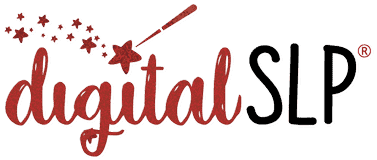
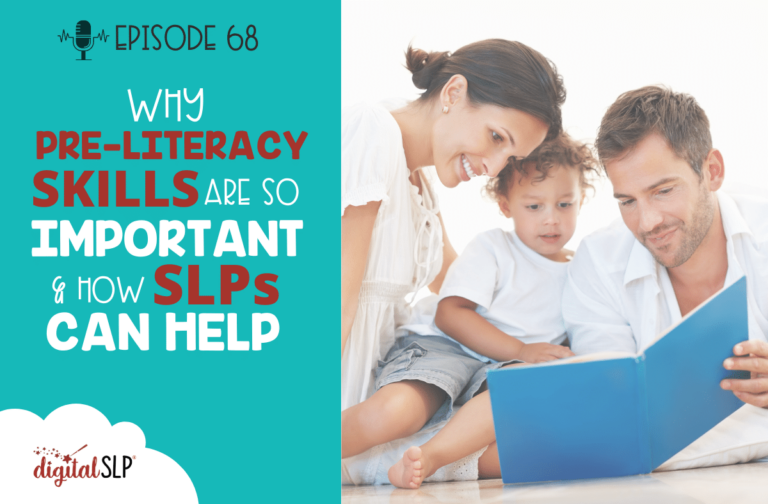
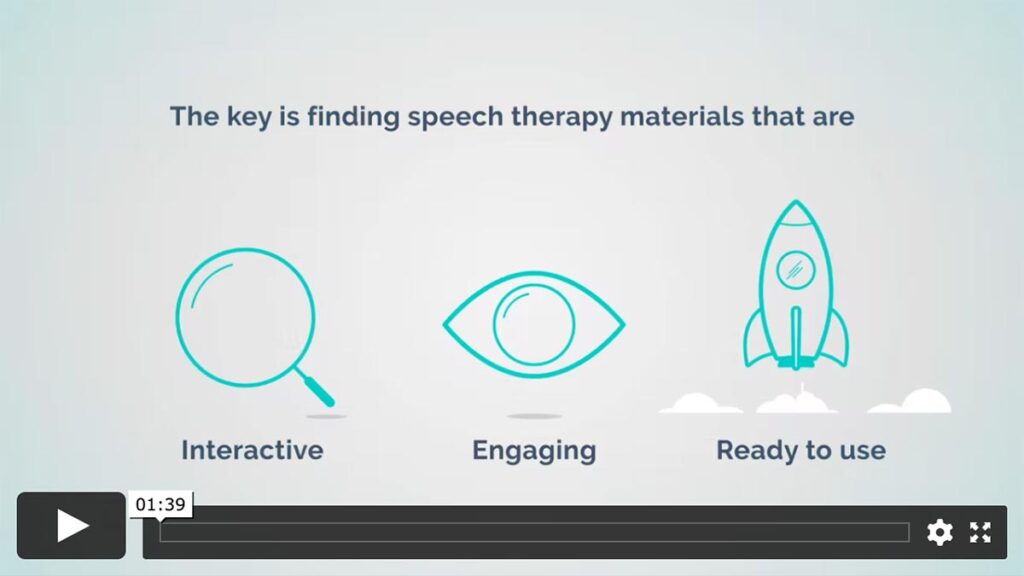
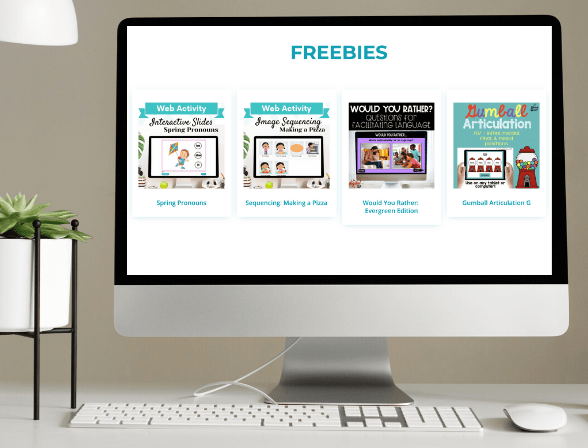

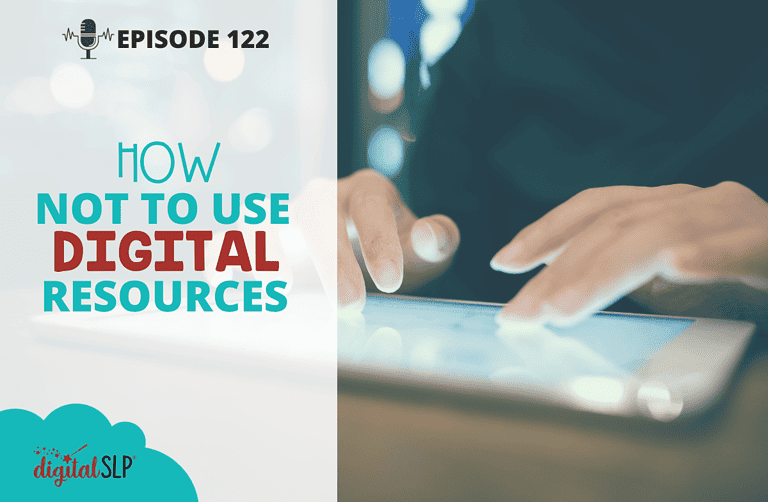
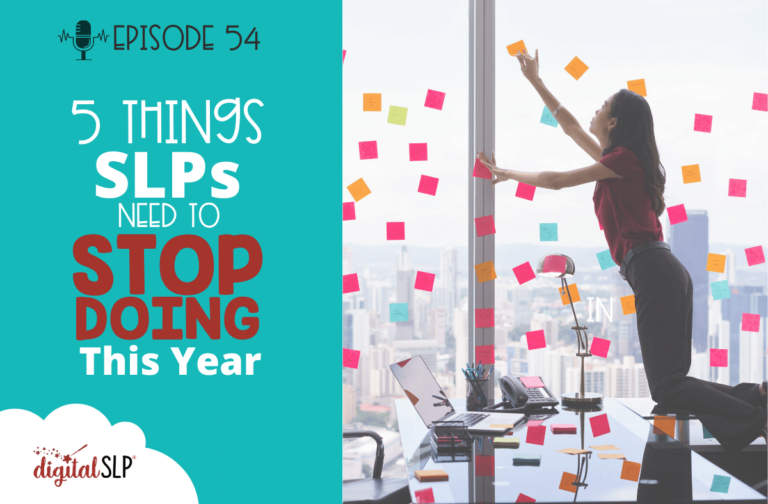
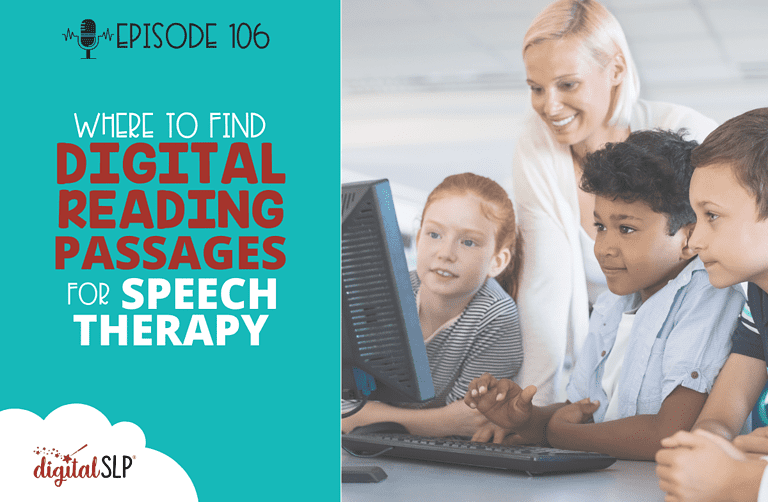
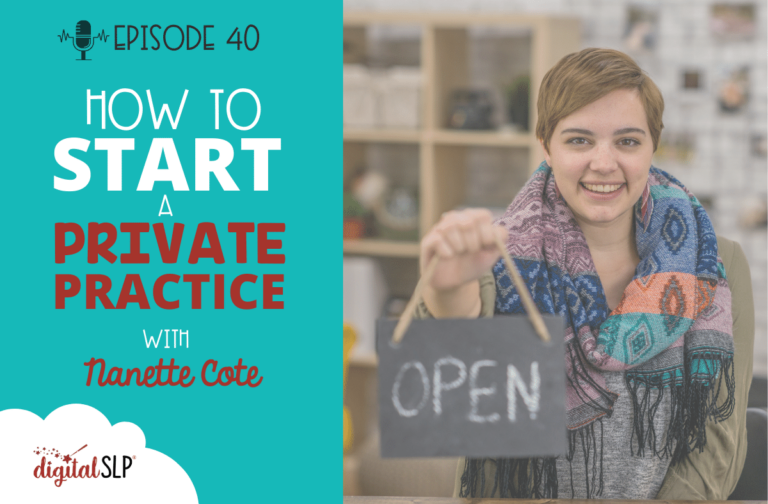
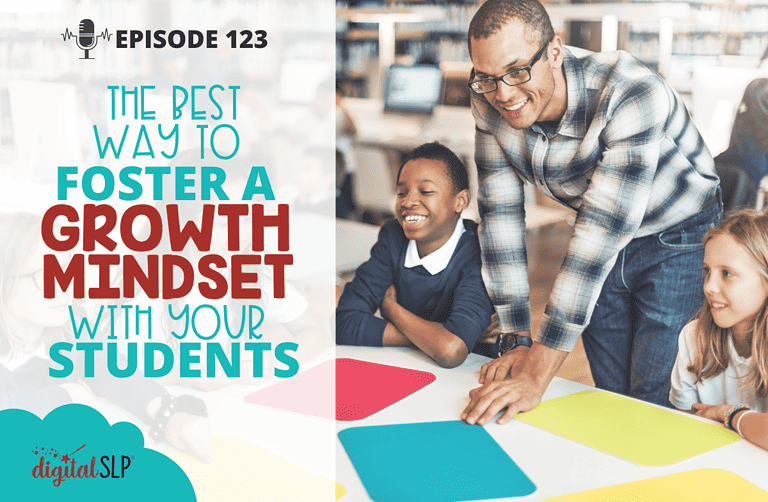
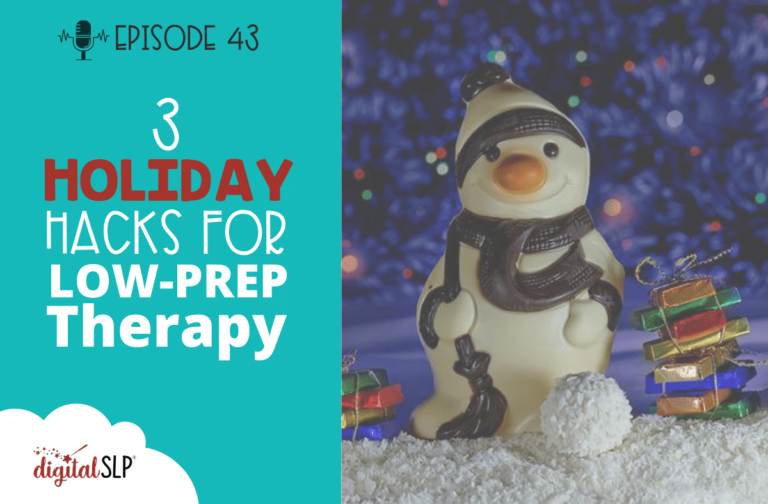

Recent Comments